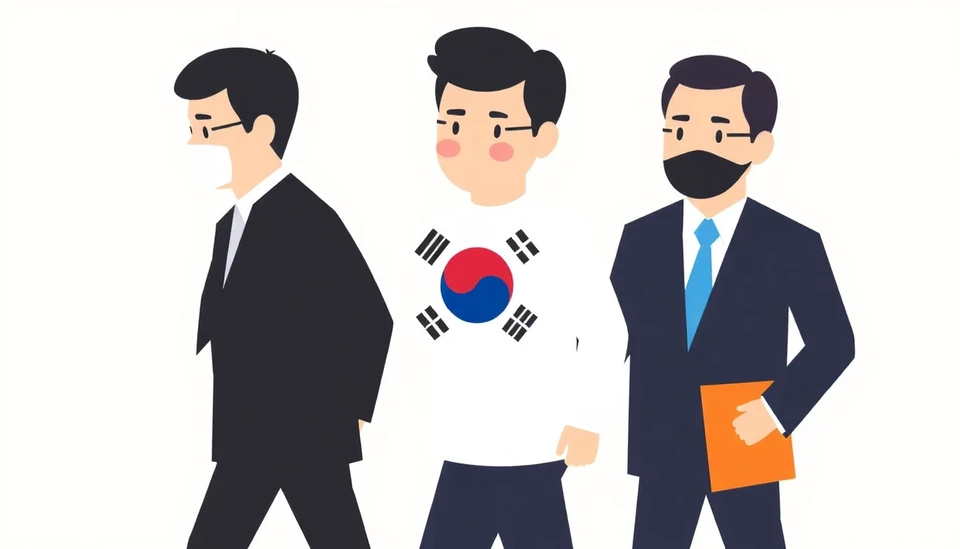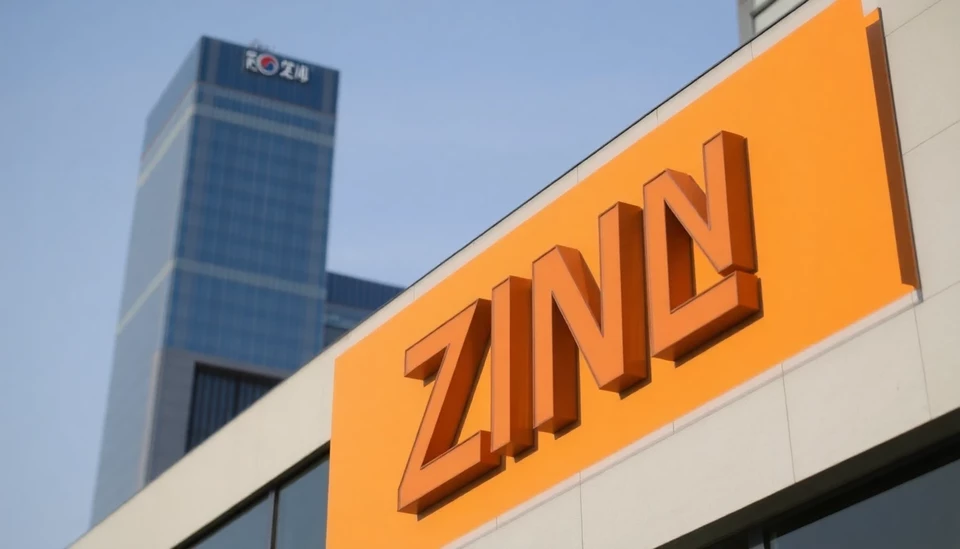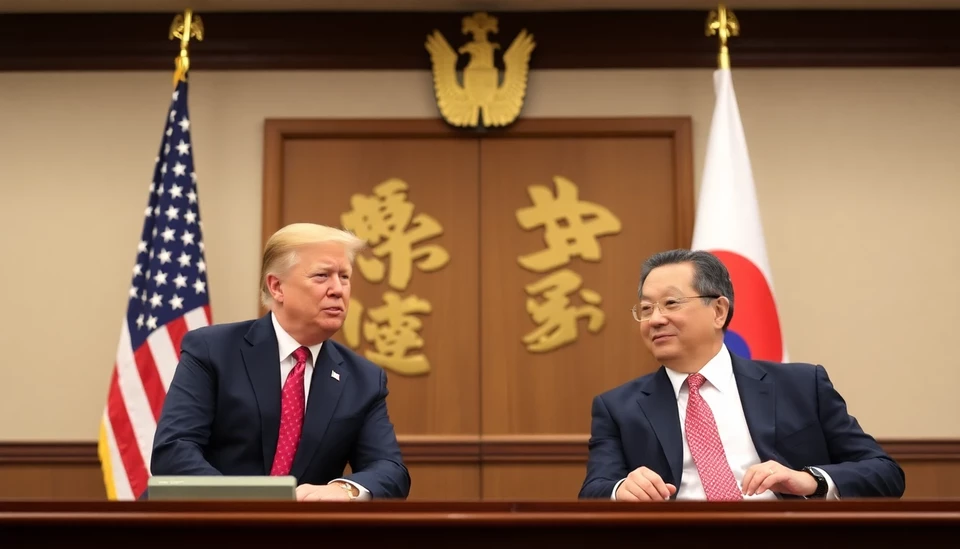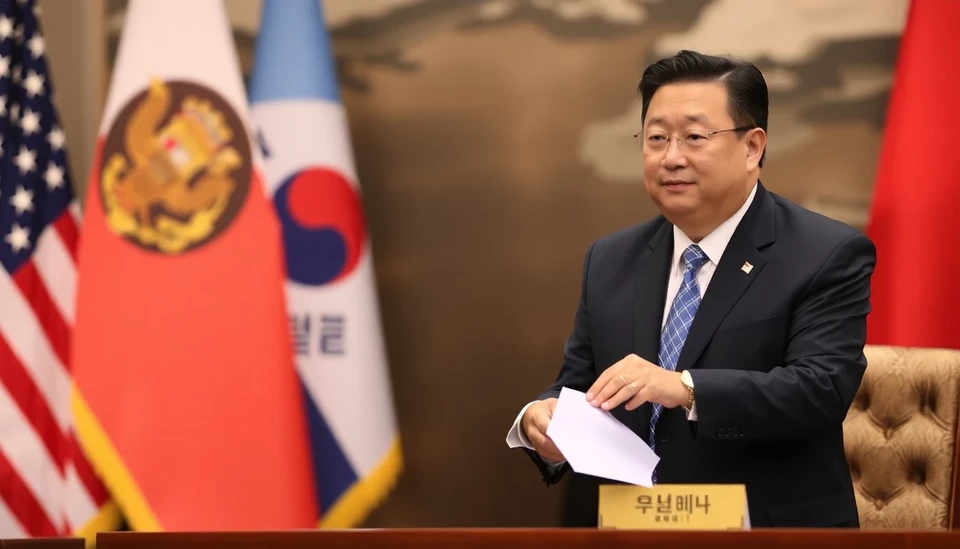
In a striking turn of events, South Korea's political landscape is currently enveloped in legal challenges that could significantly impact the country's leadership. Prominent figures are finding themselves entangled in a web of lawsuits and allegations that raise questions about their integrity and governance. As the nation gears up for crucial elections, these developments have ignited debate and speculation regarding the future of South Korean politics.
Among those facing legal troubles is President Moon Jae-in's administration, which has reportedly seen increasing scrutiny over various corruption scandals. The most pressing case involves allegations of bribery linked to key cabinet members, with investigations diving deep into their financial dealings and potential conflicts of interest. As prosecutors ramp up their efforts, the integrity of the government is under intense examination, fueling public discontent.
Furthermore, figures like the opposition leader are not immune to controversy, facing multiple accusations that undermine their political platform. With the public’s trust in politicians eroding, concerns are rising regarding the potential repercussions these legal issues may have on upcoming elections. Analysts suggest that the legal challenges may serve as a double-edged sword; while they can tarnish reputations, they could also galvanize certain voter bases who prioritize anti-corruption efforts.
The political implications are significant, not just for individuals involved but for the entire electoral system. With pre-election sentiments already fraught with suspicion, the ongoing legal battles may alter voter turnout and party dynamics. Observers note that the fallout from these investigations may result in a shake-up of party leadership and strategies, as candidates work to distance themselves from the controversies.
Additionally, public perception plays a crucial role in shaping the narrative surrounding these legal challenges. Citizens, already fatigued by scandals and political strife, increasingly demand accountability. The calls for transparency and reform echo throughout social media platforms and public forums, further complicating the political landscape as leaders strive to regain the trust of the populace.
As we head deeper into this tumultuous political climate, the outcome of these legal challenges may not only influence the careers of current leaders but also define the future direction of South Korea’s governance. With the clock ticking down to key political events, all eyes are on how these cases unfold and their potential impact on the country's democratic framework.
In summary, South Korea finds itself at a crossroads, where legal battles unfold amidst a backdrop of public discontent and political maneuvering. The intersection of law and politics may very well reshape the nation's leadership paradigm, underlining the urgent need for reform and trust-building among its political elite.
Until the dust settles, the implications of these legal challenges remain uncertain, leaving the public to ponder what the future holds for South Korean politics.
#SouthKorea #PoliticalScandal #Corruption #Elections2025 #LegalChallenges #Publictrust
Author: Laura Mitchell




